Zero Waste Living
6 MIN READ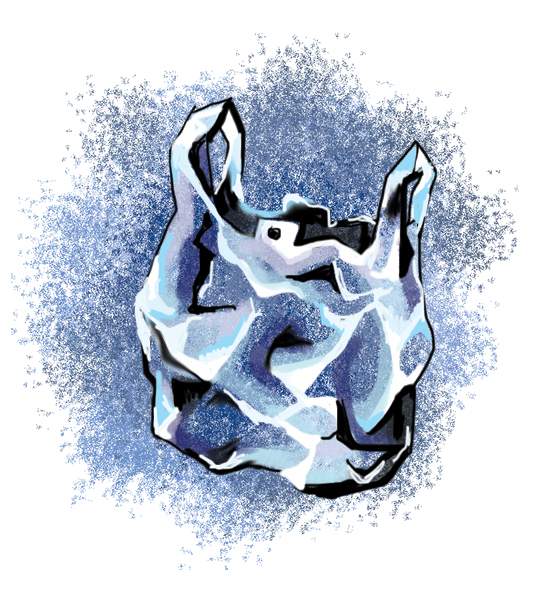 What if, over four years, you could produce so little waste that it would all fit into a 16-oz mason jar? Not only is this entirely doable, but it’s the current accomplishment of 24-year-old blogger Lauren Singer. She leads a Zero Waste lifestyle, which she documents on her online blog “Trash is for Tossers.” The principle is to minimize or eliminate your production of waste or items that will go to landfill or be discarded on Earth by replacing unsustainable options with reusable, recyclable, and compostable alternatives
What if, over four years, you could produce so little waste that it would all fit into a 16-oz mason jar? Not only is this entirely doable, but it’s the current accomplishment of 24-year-old blogger Lauren Singer. She leads a Zero Waste lifestyle, which she documents on her online blog “Trash is for Tossers.” The principle is to minimize or eliminate your production of waste or items that will go to landfill or be discarded on Earth by replacing unsustainable options with reusable, recyclable, and compostable alternatives
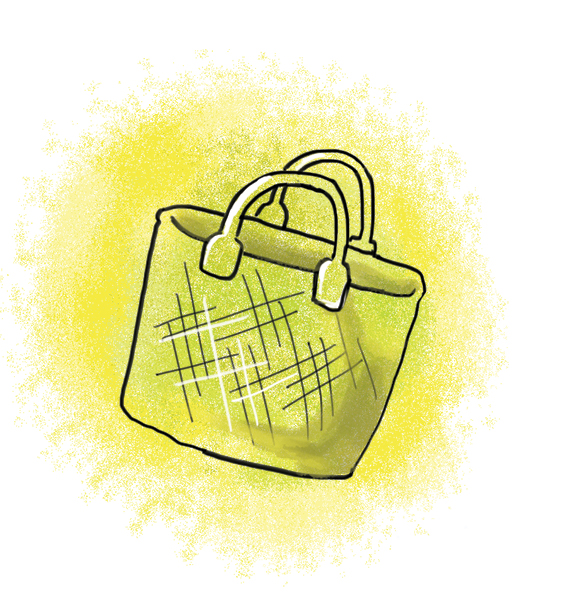 Alicia Szebert, an AP Environmental Science teacher at Palo Alto High School (Paly), incorporates Zero Waste alternatives into her daily life. Szebert has been environmentally conscious since high school but became truly aware of the harmful effects of waste on the environment in college. “The Zero Waste [lifestyle] has always been something that I’ve known was possible, but it [wasn’t] until I started taking classes in college that I realized the effects of waste as much,” she said.
Alicia Szebert, an AP Environmental Science teacher at Palo Alto High School (Paly), incorporates Zero Waste alternatives into her daily life. Szebert has been environmentally conscious since high school but became truly aware of the harmful effects of waste on the environment in college. “The Zero Waste [lifestyle] has always been something that I’ve known was possible, but it [wasn’t] until I started taking classes in college that I realized the effects of waste as much,” she said.
A major effort of Zero Waste living is to 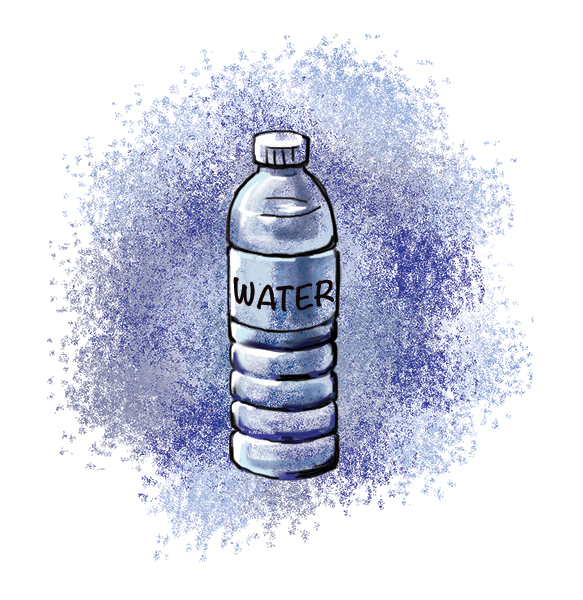 decrease the amount of plastic produced and then discarded on Earth. Plastic does not disappear; every piece that is created artificially will never break down. According to the advocacy group Ocean Recovery Alliance, it is estimated that 33 percent of plastic manufactured worldwide is used once, then tossed. It is also estimated that 85 percent of the world’s plastic is not recycled. If we continue at this rate, by 2050, oceans will contain more plastic than fish by weight. “Thinking about the plastic you use, if it’s not necessary, if you don’t need it, one little piece of plastic that for you is this single-use plastic, is getting out into the ocean,” Szebert said. “It’s toxifying our waters, it’s potentially toxifying the air, and it’s just something to be aware of — how really bad this plastic is. And it lasts forever! That’s the really scary thing.”
decrease the amount of plastic produced and then discarded on Earth. Plastic does not disappear; every piece that is created artificially will never break down. According to the advocacy group Ocean Recovery Alliance, it is estimated that 33 percent of plastic manufactured worldwide is used once, then tossed. It is also estimated that 85 percent of the world’s plastic is not recycled. If we continue at this rate, by 2050, oceans will contain more plastic than fish by weight. “Thinking about the plastic you use, if it’s not necessary, if you don’t need it, one little piece of plastic that for you is this single-use plastic, is getting out into the ocean,” Szebert said. “It’s toxifying our waters, it’s potentially toxifying the air, and it’s just something to be aware of — how really bad this plastic is. And it lasts forever! That’s the really scary thing.”
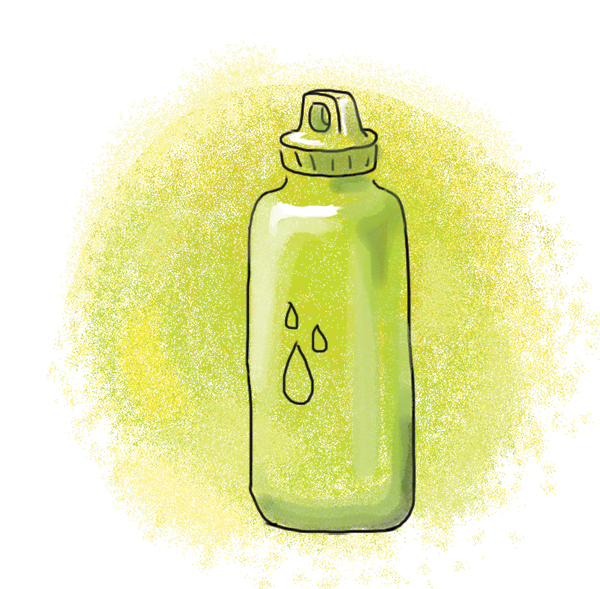 Szebert advocates for people to change their mindsets regarding plastic use. “People think, ‘That’s life, we use plastic, that’s how it is,’ but it doesn’t have to be that way,” she said. “There are alternatives for everything.” With more people attempting Zero Waste living, companies produce Zero Waste products, making the transition to Zero Waste living more realizable. An example is The Simply Co, which Singer created to provide sustainable alternatives. “There are a lot of eco companies out there that do everything they can to have products that are Zero Waste, and don’t use plastic, and use things that have been recycled and can be recyclable,” Szebert said. “I think it’s important that everyone is aware of that and starts to use those products.”
Szebert advocates for people to change their mindsets regarding plastic use. “People think, ‘That’s life, we use plastic, that’s how it is,’ but it doesn’t have to be that way,” she said. “There are alternatives for everything.” With more people attempting Zero Waste living, companies produce Zero Waste products, making the transition to Zero Waste living more realizable. An example is The Simply Co, which Singer created to provide sustainable alternatives. “There are a lot of eco companies out there that do everything they can to have products that are Zero Waste, and don’t use plastic, and use things that have been recycled and can be recyclable,” Szebert said. “I think it’s important that everyone is aware of that and starts to use those products.”
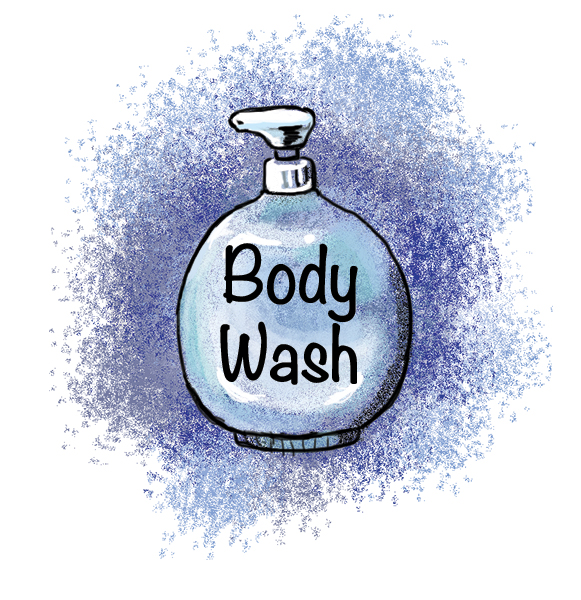 The City of Palo Alto and Paly are trying to do their part in decreasing waste production and helping the environment. Palo Alto’s Public Works Department has a division called Zero Waste Palo Alto, whose goal is, according to its Web home page, “… to help the community reach its Zero Waste goal of virtually eliminating waste being burned or buried … [I]t’s a systems approach that first seeks to eliminate waste wherever possible, and then manages discards through reuse and recycling.” The mission, which was adopted in 2005, is to have virtually no waste burned or buried in Palo Alto by 2021.
The City of Palo Alto and Paly are trying to do their part in decreasing waste production and helping the environment. Palo Alto’s Public Works Department has a division called Zero Waste Palo Alto, whose goal is, according to its Web home page, “… to help the community reach its Zero Waste goal of virtually eliminating waste being burned or buried … [I]t’s a systems approach that first seeks to eliminate waste wherever possible, and then manages discards through reuse and recycling.” The mission, which was adopted in 2005, is to have virtually no waste burned or buried in Palo Alto by 2021.
Paly’s own Zero Waste Initiative is funded by the City of Palo Alto, and is comprised of student members and a faculty advisor, Christy Resinger, who hope to transition Paly into a Zero Waste campus. Leila Solatan, a junior at Paly, is involved with the Zero Waste Initiative at Paly. Like Szebert, Solatan advocates for more awareness regarding waste production. “I think it’s really important for people to understand in the United States how much stuff we are consuming constantly,” she said. “A lot of it, even if it is recycled or compostable, we don’t think about where we put it. Even being able to reduce that waste by a third or a fifth can make a huge impact.”
As a part of Paly’s Zero Waste Initiative, part of Solatan’s focus is on recycling and composting. Solatan feels that people are generally familiar with recycling at home, but composting is a newer trend that more people should adopt. Overall, she emphasizes that the simplest thing a Paly student can do to help the environment is properly recycle and compost, as Paly now has full sets of trash, recycling, and compost bins. “If you wanted to just do your part as a Paly student, just sort properly,” she said.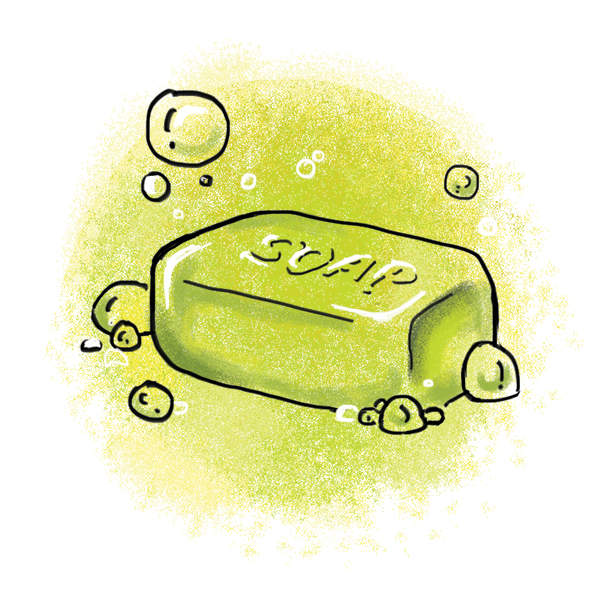
Because of Paly’s proximity to Town and Country, many people buy lunch in takeout containers which then become food packaging waste. “That’s a problem we are trying to solve right now,” Solatan said. An example is buying coffee during break. “When you get a cup, and you don’t bring your own thermos, you have the paper cup and the plastic top … people just throw it in the trash because they don’t want to separate it when the bottom can be composted, and the top can be recycled. It’s something as simple as that — stopping for one second, separating the contents of your waste and just distributing it properly.” She hopes upcoming projects will be able to decrease this effect, such as introducing a system of reusable containers to get takeout from, and then returning them to a station at Paly.
Whether transitioning to a fully Zero Waste lifestyle or just making a few important changes, being environmentally conscious and living more sustainably will leave a positive impact on Earth. This can include reducing your plastic usage and recycling and composting effectively. As Singer said in a TEDxTeen talk, “I want to be remembered by the things I did while I was on this planet, not for the trash I left behind.”
Szebert suggests:
Bar of soap for shampoo and conditioner
“I use just a bar of soap. This helps with not using plastic so if you use your traditional shampoos and conditioners, you’re actually using plastic containers that you have to constantly re-buy. So if you use things that are just bars, even washing your hair with a bar of soap, a lot of people think that’s weird, but it works just as well, and you don’t have any plastic wastes with that.”
Homemade toothpaste
“I use something called tooth powder. So it’s basically sodium bicarbonate that works to clean your teeth. But it comes in a glass container and you can refill it, so then you don’t have the waste of constantly purchasing toothpaste. If I do use a traditional toothpaste I’ll use a recycled toothpaste, the one I like is called David’s. It actually uses metal instead of plastic, so it kind of uses better resources that way and it’s recyclable, so that’s a good product.”
Thrift Stores
“The more material things that you need to buy new from the store, the less waste you’re creating and the less toxins you’re putting into the environment. People don’t realize how bad clothing is for the environment, how much water it takes. And they’re finding now that a lot of the fake polyesters and polymers are polluting the oceans, just like plastics are, so that’s something a lot of people are unaware of.”






